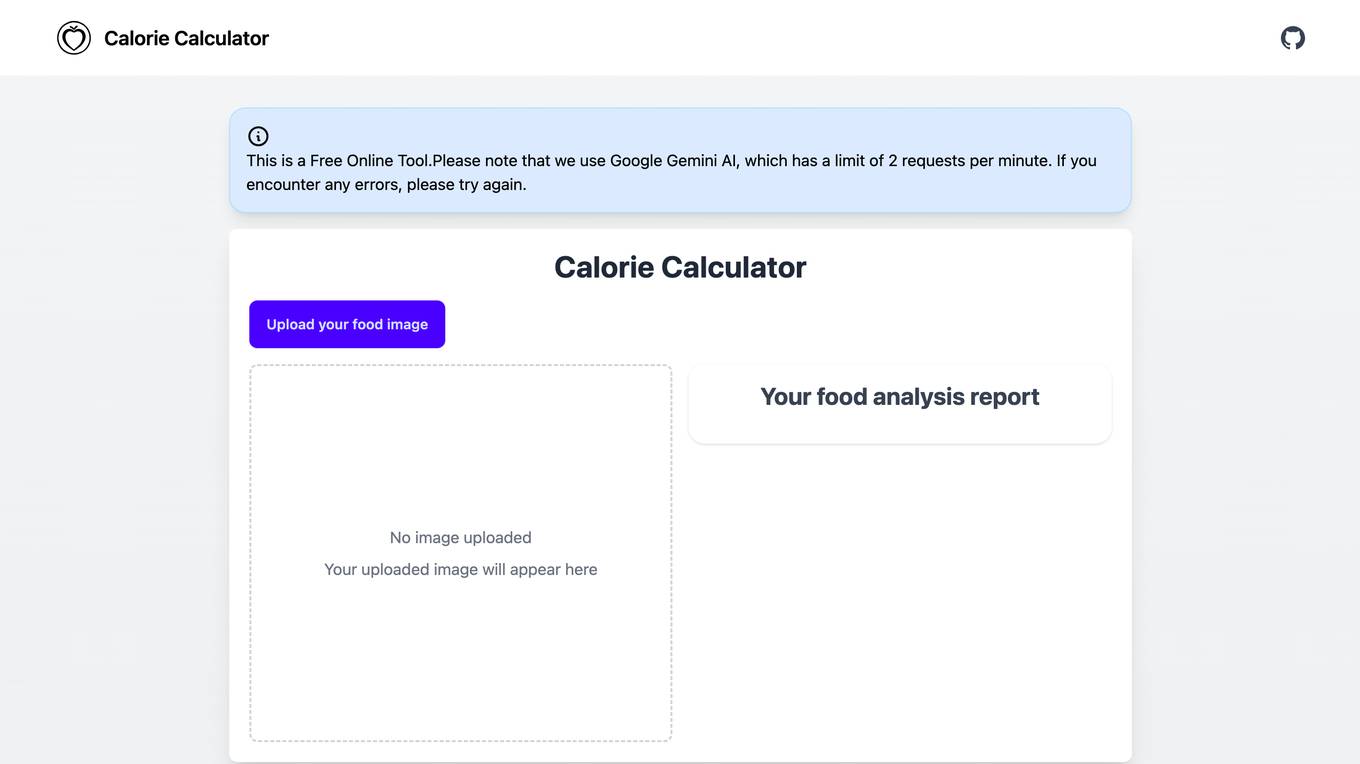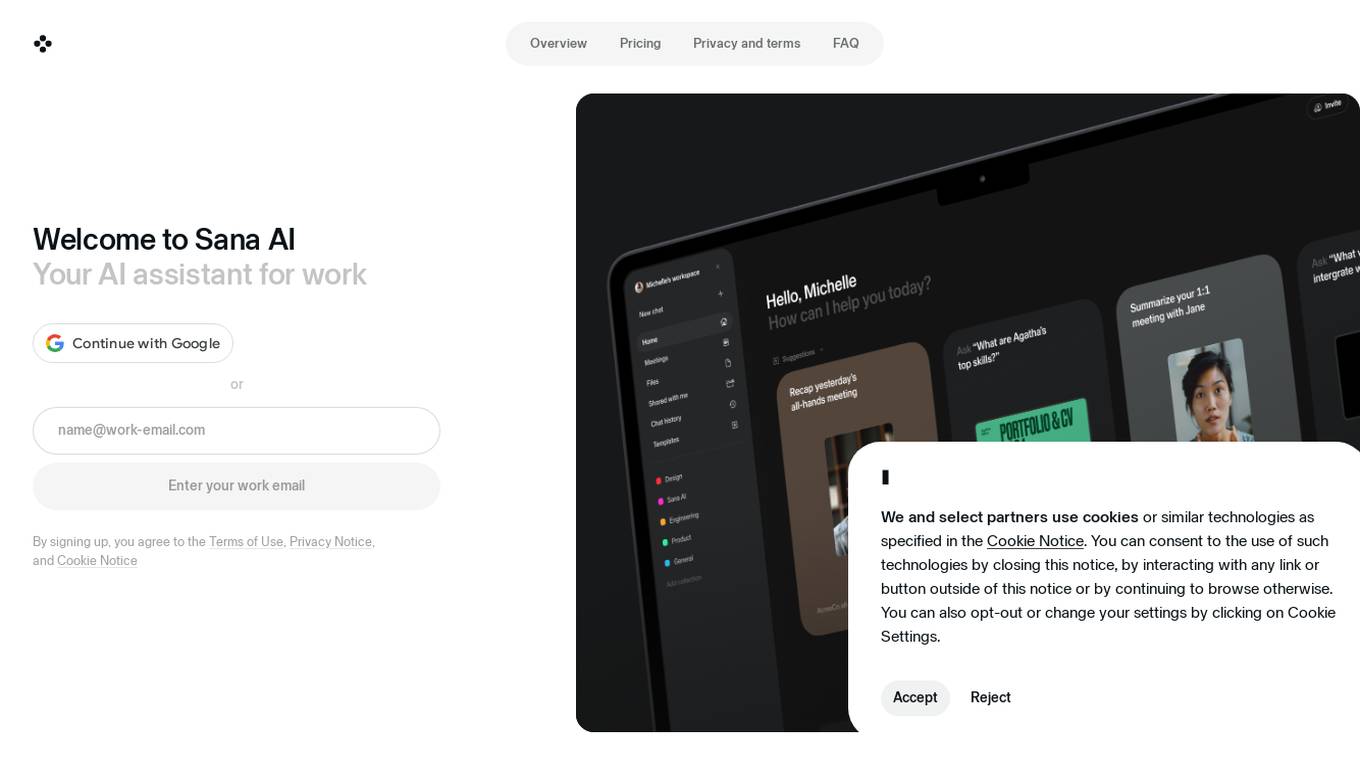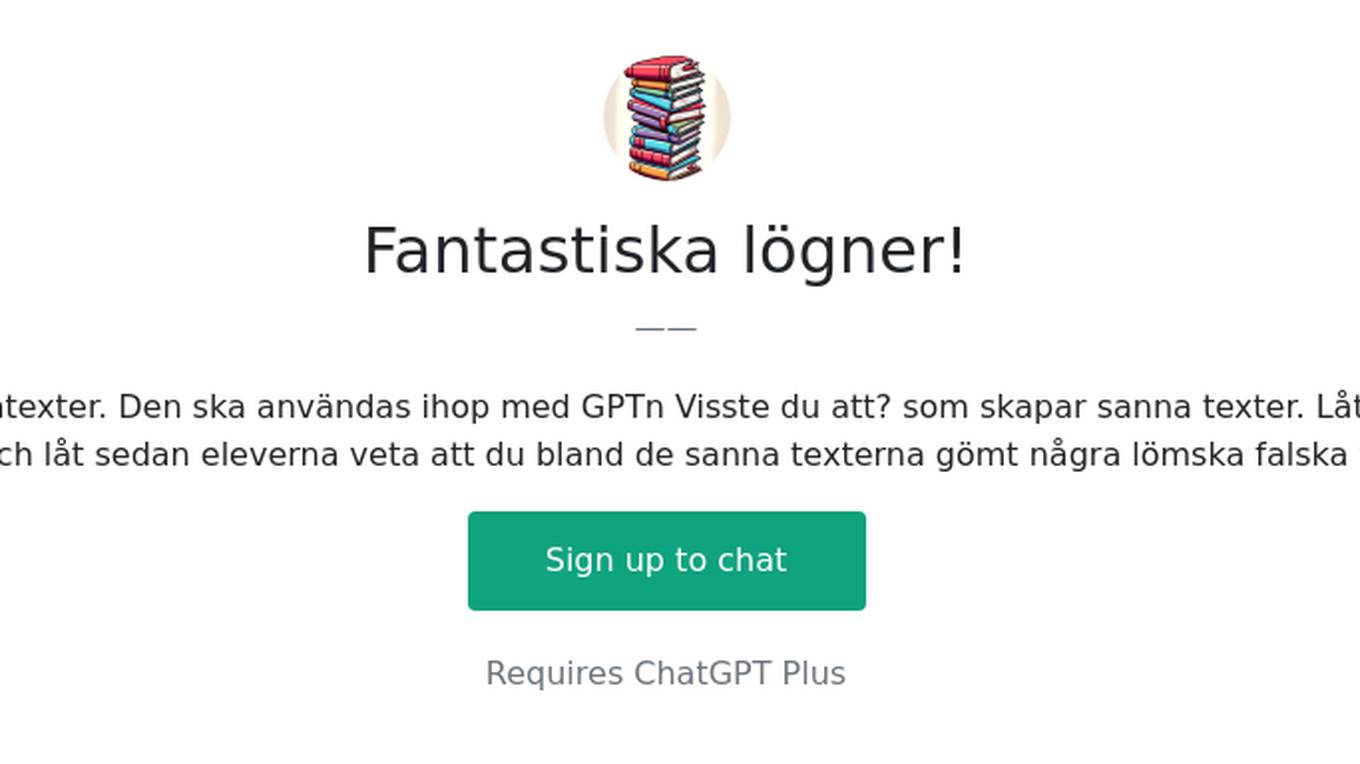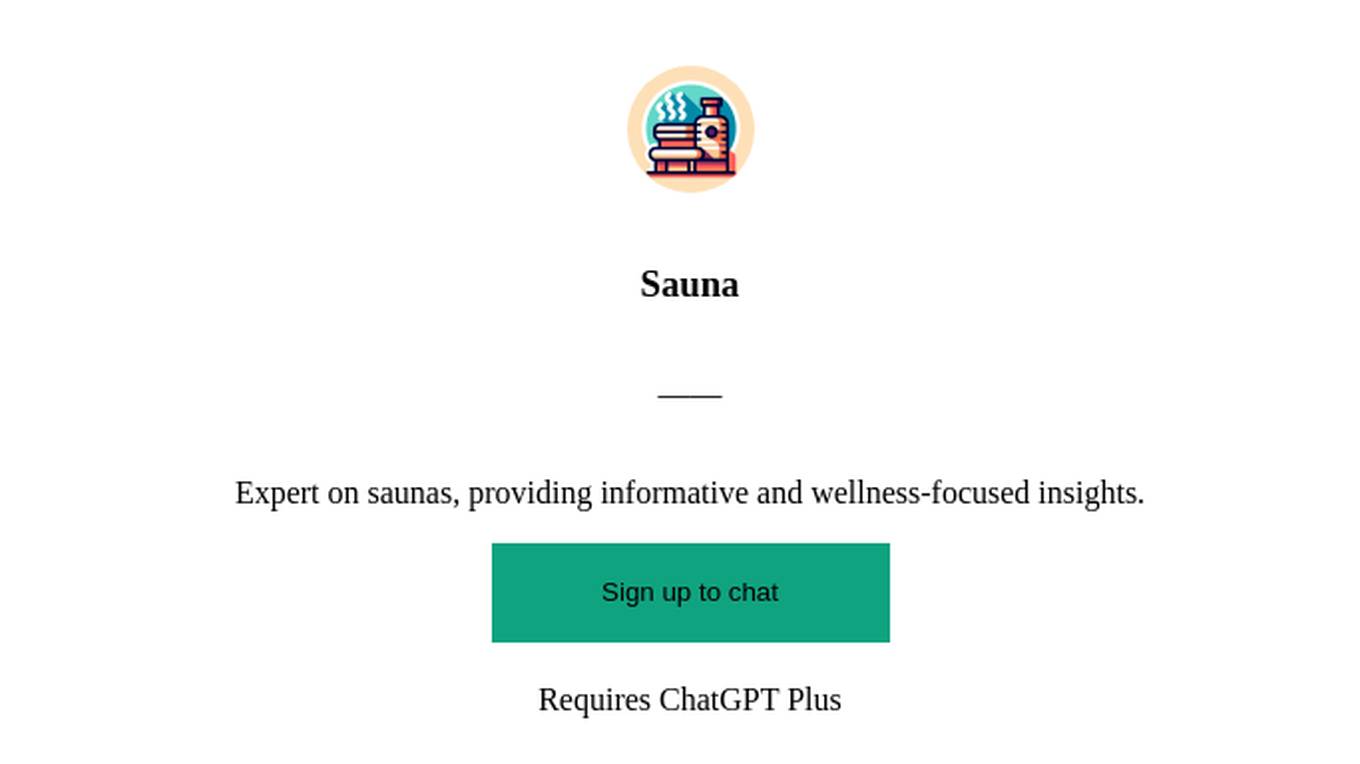Best AI tools for< Sauna Advisor >
Infographic
3 - AI tool Sites

AI Calorie Calculator
This AI Calorie Calculator is a free online tool that uses advanced AI algorithms to analyze the food in your uploaded images and estimate the total calorie count. It is designed to help you manage your diet and plan your meals effectively. The calculator is versatile and includes specialized features for children's calorie calculation, weight loss planning, athlete calorie estimation, sauna calorie estimation, and more. It also supports various dietary needs and counting methods globally.

Sana AI
Sana AI is an advanced artificial intelligence tool designed to assist users in various tasks. It utilizes cutting-edge AI algorithms to provide accurate and efficient solutions. The tool is user-friendly and offers a wide range of features to enhance productivity and decision-making processes. Sana AI is suitable for individuals and businesses looking to streamline their operations and improve overall efficiency.

Sana
Sana is an AI company transforming how organizations learn and access knowledge. Its AI-first learning platform and knowledge assistant are designed for people teams that want to do learning differently. The platform offers integrations, solutions for employee onboarding, sales enablement, compliance training, leadership development, and external training. The knowledge assistant helps everyone work faster, think bigger, and achieve more. Sana's products are trusted by the world's most pioneering companies.
0 - Open Source Tools
4 - OpenAI Gpts

Fantastiska lögner!
Fantastiska lögner! skapar falska faktatexter. Den ska användas ihop med GPTn Visste du att? som skapar sanna texter. Låt Lögn eller sanning? generera några texter och låt sedan eleverna veta att du bland de sanna texterna gömt några lömska falska texter.


